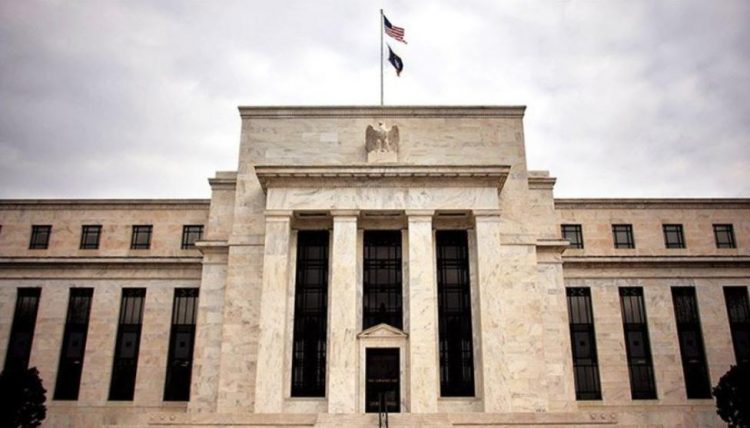Publisher: Maaal International Media Company
License: 465734
US Fed leads fight against inflation, banks around the world are tracking it
اقرأ المزيد
A group of central banks around the world raised interest rates again on Thursday, following the move by the Federal Reserve (the US central bank) in a global battle against inflation whose repercussions negatively affect financial markets and economies.
According to “Reuters”, Japan, which is the only one among the major economies, kept interest rates on Thursday, which resulted in the yen falling to a record low against the dollar, prompting the Japanese authorities to intervene for the first time to support the currency since 1998. .
On Wednesday, the Federal Reserve set the pace for other banks to raise interest rates by 0.75%, the fifth increase since March, and six central banks from Indonesia to Norway followed suit by announcing a similar or completely identical hike within hours.
Central banks aim to combat inflation, which ranges from 3.5% in Switzerland to about 10% in Britain
Central bank policymakers insist that curbing unbridled price growth is their main task for now, but they are keeping the door open for further measures to contain the consequences for the economy, as rising borrowing costs usually dampen investment, employment and consumption.
The Federal Reserve said it expects the economy to slow sharply and unemployment to rise to a level historically associated with recession, a possibility looming more clearly than ever in the Eurozone and seen as very likely in Britain.
The Bank of England raised interest rates and said it would proceed to “respond aggressively and as necessary” to inflation, despite the economy entering a recession.
Global stocks fell to near a two-year low, and emerging market currencies fell as investors braced for a world of scarce growth and hard credit.
Market participants raised their expectations for interest rates from the European Central Bank, which is almost certain to raise them again on October 23. Estimates indicate that the European Central Bank is expected to increase its interest rate to nearly three percent next year, compared to 0.75 percent now.
Japan chose to keep rates near zero to support the country’s fragile economic recovery, but many analysts believe that its current stance is unsustainable given the global shift to raising borrowing costs.
Bank of Japan Governor Haruhiko Kuroda said after the monetary policy decision, “There is absolutely no change in our stance of maintaining an accommodative monetary policy for the time being. We will not raise interest rates for some time.”
However, the yen fell against the dollar after the decision, forcing the Japanese authorities to intervene and buy the local currency in an attempt to stem the downward trend.
Meanwhile, the Turkish Central Bank continued its unconventional policy on Thursday and announced a new surprise rate cut despite inflation exceeding 80 percent, causing the lira to collapse to an all-time low against the dollar.









